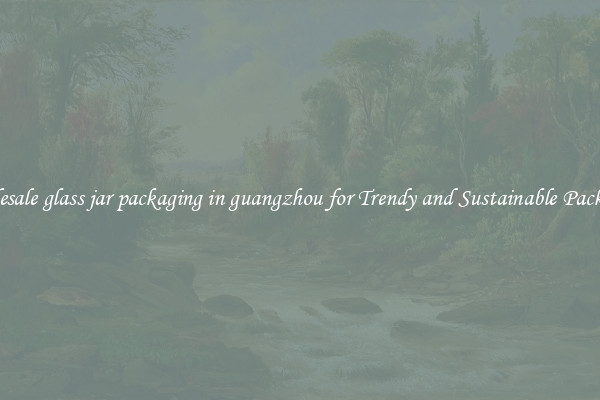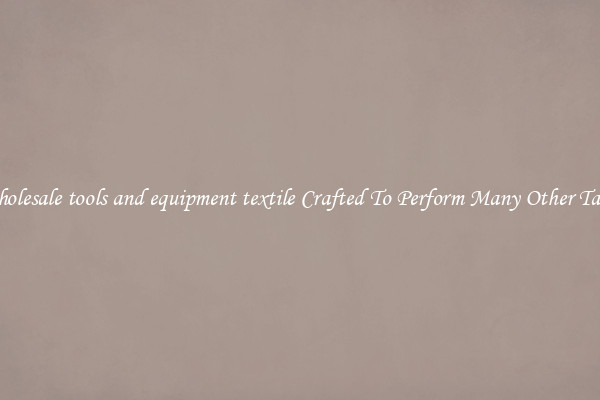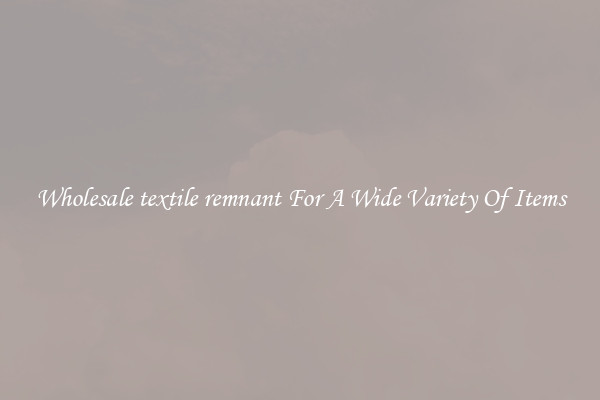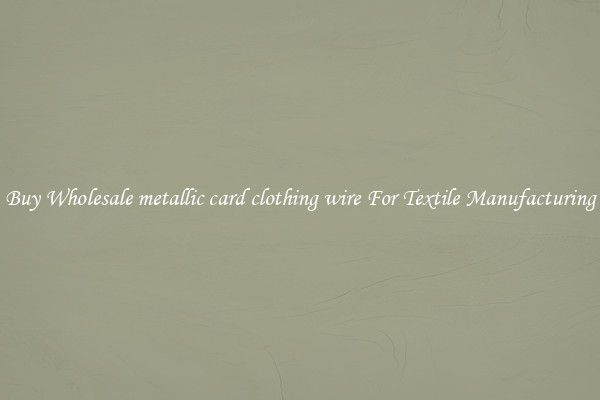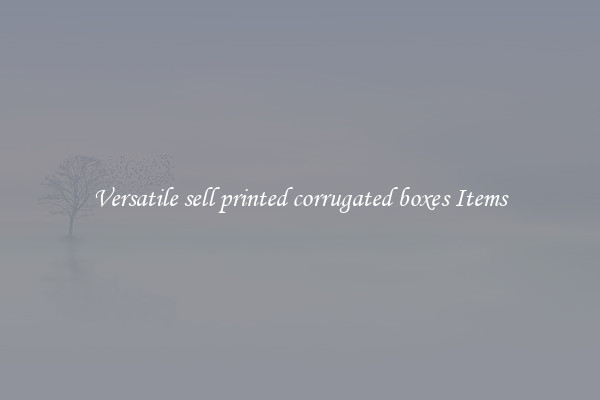Wholesale textile / garments waste For Reuse And Sustainable Fashion
Wholesale textile/garments waste is a significant issue in the fashion industry today. With the fast pace of production and our throwaway culture, tons of unused and discarded fabrics end up in landfills each year. This not only contributes to environmental pollution but also wastes valuable resources.

However, there is a growing movement towards reusing and repurposing textile waste to create sustainable fashion. By adopting innovative strategies, wholesalers can play a pivotal role in reducing the environmental impact of the fashion industry and promoting sustainable practices.
One of the key approaches to tackling textile waste is through recycling. Wholesale textile waste can be collected and sent to recycling facilities where it is sorted, shredded, and processed into new fibers or yarns. These can then be used to create new garments or other textile products. Recycling prevents the need for virgin materials and reduces waste, energy consumption, and the emission of greenhouse gases.
Another way to reuse textile waste is through upcycling. Upcycling involves taking discarded fabrics and transforming them into new, higher-value products. This creative process allows for the reimagining of waste materials into trendy and unique pieces. For example, old jeans can be repurposed into fashionable handbags or headbands, while scraps of fabric can be used to create patchwork designs on clothing items. Upcycling not only reduces waste but also adds value to the discarded materials, extending their life cycle and minimizing the need for new resources.
Wholesalers can also contribute to sustainable fashion by implementing responsible manufacturing practices. This includes reducing waste during the production process, finding ways to reuse or recycle excess fabric, and using eco-friendly materials and dyes. By partnering with manufacturers who prioritize sustainability, wholesalers can ensure that their products align with the demand for environmentally conscious fashion.
Furthermore, wholesalers can actively engage in educating and raising awareness among consumers about the importance of sustainable fashion. By promoting the benefits of recycled or upcycled garments, wholesalers can contribute to changing consumer behaviors and preferences. This can lead to an increased demand for sustainable fashion and a shift away from the culture of disposable clothing.
In conclusion, the wholesale textile/garments waste issue poses a significant challenge to the fashion industry's sustainability efforts. However, by embracing recycling, upcycling, responsible manufacturing, and consumer education, wholesalers can play a crucial role in transforming the way the industry designs, produces, and consumes fashion. Through these innovative strategies, wholesale textile waste can be reused and repurposed, leading the way towards a more sustainable and environmentally friendly future for the fashion industry.

View details

View details

View details

View details
